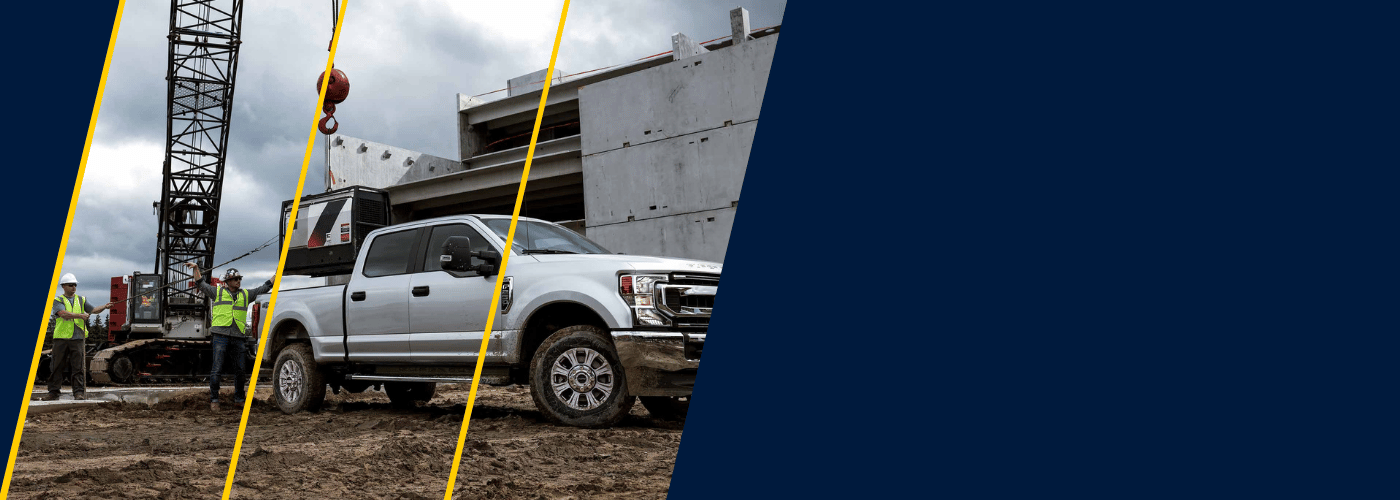
Do you have a fleet of 10 or more trucks?
NEW CARB ADVANCED CLEAN FLEETS proposed rule will affect your business!
ATTENTION CONTRACTORS!
The California Air Resources Board (CARB) has proposed a new ADVANCED CLEAN FLEETS rule that will transition all trucks weighing more than 8500 GVW (such as Dodge Ram 2500, Chevrolet Silverado 2500, and the F-250, light duty Class 2 and above) to zero-emission vehicles (ZEVs).
CARB is pushing an all-electric strategy
Regardless of the duty cycle, work location, or application of the vehicle and its body. Until recently, this rule was only going to apply to fleets with more than 50 vehicles.
NOW CARB IS CONSIDERING MOVING THE THRESHOLD TO FLEETS WITH JUST 10 OR MORE TRUCKS. This could impact 20,000 or more additional fleets in California.
In addition, CARB is proposing that medium and heavy-duty vehicles complete the transition to ZEVs by 2036.
3 REASONS WHY YOU NEED TO ACT NOW TO STOP THIS CARB PROPOSAL!
-

#1 Construction Trucks don’t fit the profile for fleets that are easiest to transition to electric.
These trucks are used for maintenance and supervisory staff at remote locations where there is no electricity. They often travel more than 150 miles per day. They are not “homed” at the corporate headquarters every night for easy charging. And for charging in less than 12 hours they require 220 or 440 charging facilities which are not typically available at an employee’s residential locations.
-

#2 Construction companies are already committed to spending billions of dollars on their Off-Road fleets and portable equipment fleets.
Recently undated CARB rules have established deadlines for transitioning most construction equipment and machines to near-zero emissions at a cost of billions to the industry. To achieve those goals many companies will just have to shrink their fleets and become smaller due to the high cost of new excavators, bulldozers and scrapers that can run into the millions of dollars each. Adding the electric trucks which can be double the cost of a diesel truck will eliminate many employers in this industry.
-

#3 The last-minute proposal to lower the truck fleet size from 50 to 10 will punish many small and medium minority-owned businesses in California.
Since the beginning of this regulation development, CARB has always said it would be only the largest fleets (50 or more trucks and $50 million in revenue) that would be subject to this new rule. Now Board members are proposing a last-minute change to lower the fleet size from 50 trucks to just 10 trucks. There has been no economic analysis of this added financial burden. There is no staff analysis on the availability of the tens of thousands of additional trucks needed to meet this new goal. And the small and medium fleet owners have not been contacted by CARB about their inclusion in this new rule.

BIG THANK YOU!
CARB PETITION UPDATE AFTER HEARING
Thank you to everyone who signed our petition and our association partners, staff and members who joined in this two-year fight.
After 7 hours of public comment on Thursday and 2 1/2 hours of board deliberations on Friday, the CARB Board approved the Advanced Clean Fleets rule.
This rule applies to companies meeting one of the following criteria:
$50 million in revenue and one truck
Companies with 50 or more trucks
Companies that dispatch fleets
It applies to trucks with an 8500 GVWR or greater. It will affect many construction companies.
CIAQC was able to stop the Board from lowering the truck threshold from 50 to 10 trucks.
In addition, some provisions are added to allow for exemptions for specialty trucks. There are also provisions for extensions of time if the local utility is not able to provide the power infrastructure for charging stations.
There are two compliance pathway options. One begins as early as January 1, 2024. The second begins in 2027.
The Board also noted many uncertainties about the availability of trucks, public charging stations, and the early timelines set for compliance. They have asked staff to report back regularly on the progress of implementation and to bring back a thorough review of the rule in 2028.
A requirement that CIAQC pushed vigorously for. Staff will also begin preparing a new rule for the 1.2 million trucks not affected by this fleet rule.
Over the next few days, CIAQC will prepare a detailed analysis of rules applicable to the construction industry with guidelines for compliance. We will also conduct some compliance training sessions for the industry.
The Construction Industry Air Quality Coalition (CIAQC) is an organization that works for and with other trade associations and leaders within the building and construction industry. Our advocacy is with issues and regulations about clean air affecting California's construction industry. CIAQC promotes air quality best practices, educates stakeholders on regulatory compliance, and advocates for policies that benefit the construction industry, reduce emissions, and protect public health. Through collaboration and collective action, CIAQC aims to advance sustainable and responsible construction practices prioritizing California air quality and environmental protection while maintaining a healthy economy and construction jobs.











